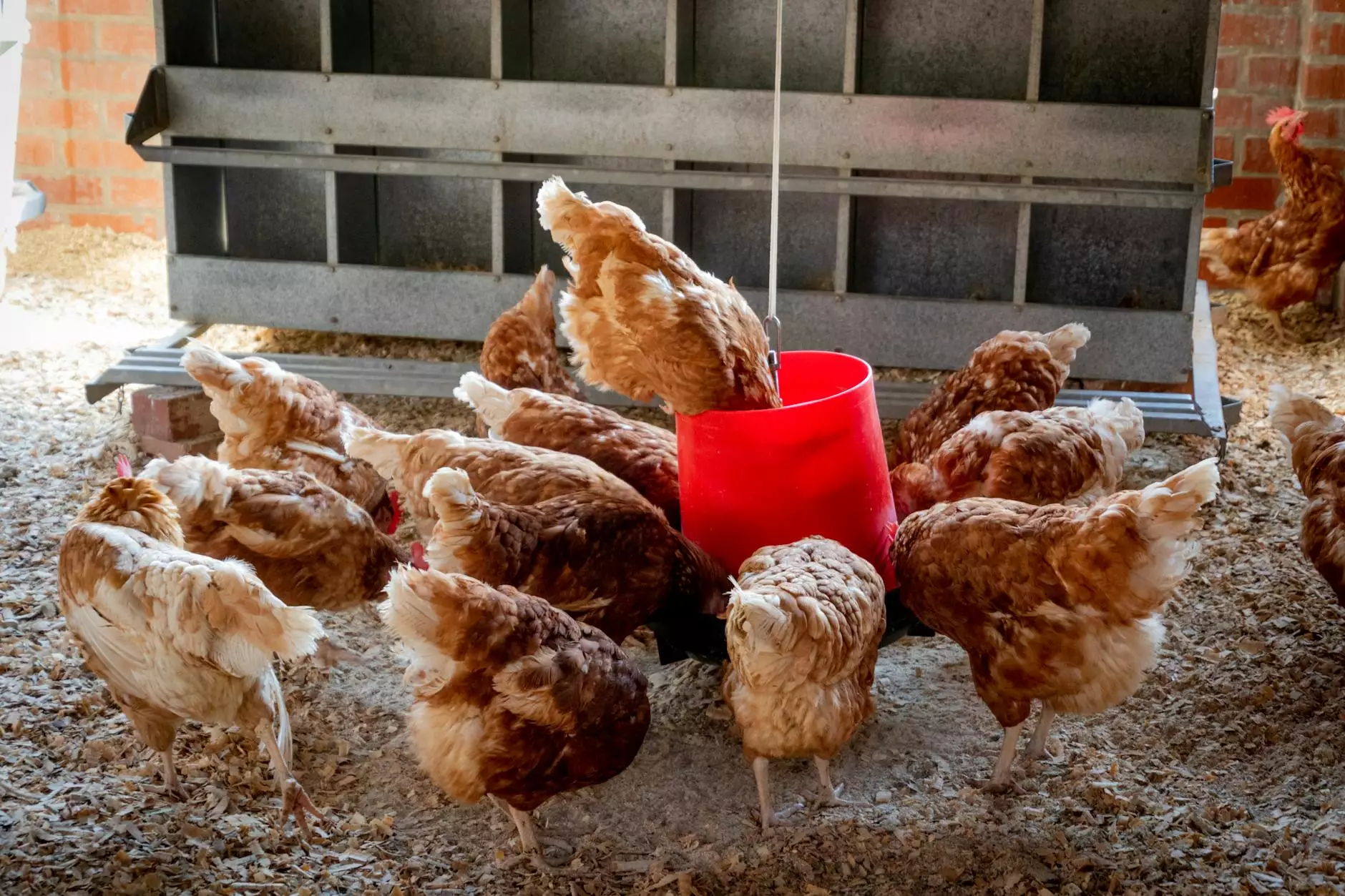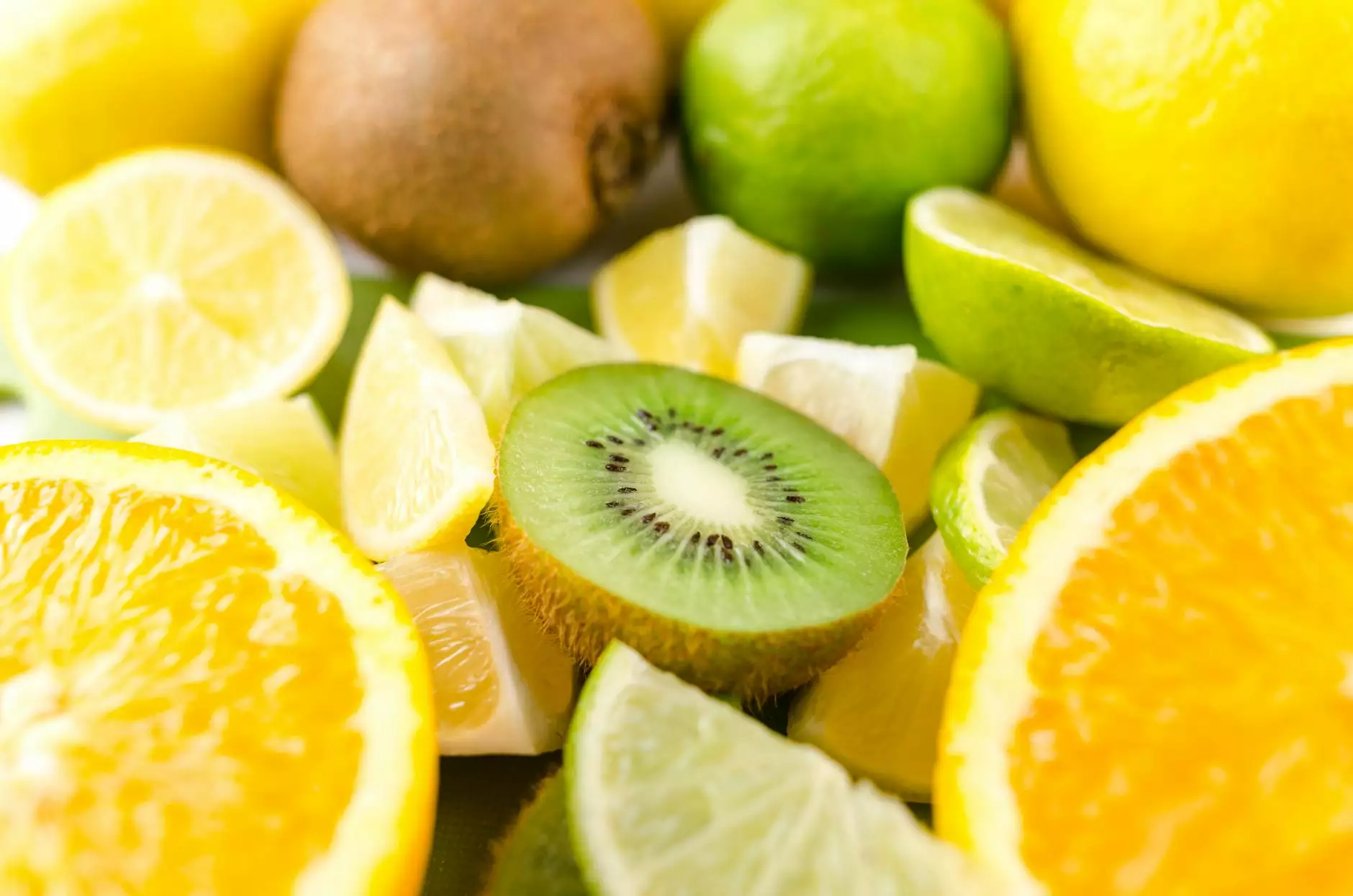Brazilian Halal Chicken: Quality and Innovation in Poultry Exports

The importance of Brazilian halal chicken in the global poultry market cannot be overstated. As one of the leading exporters of halal meat, Brazil has established itself as a preferred source for numerous countries, meeting the increasing demand for quality and ethically sourced poultry. This article delves into the factors that contribute to the success of Brazilian poultry exporters and the benefits of sourcing chicken in bulk from this South American powerhouse.
The Global Poultry Market: An Overview
As the world continues to embrace dietary preferences that include halal options, the poultry industry has experienced unprecedented growth. In particular, the demand for Brazilian halal chicken has surged, driven by various factors:
- Population Growth: The rising population globally necessitates a consistent and reliable source of protein.
- Health Consciousness: Customers are increasingly aware of the health benefits associated with poultry, which is lower in fat compared to red meats.
- Ethical Eating: More consumers are interested in ethically sourced meat, aligning their purchases with their personal values.
Brazil: A Leading Poultry Exporter
Brazil is recognized as one of the top producers and exporters of chicken globally. This reputation is not only attributed to the vast resources and favorable agricultural conditions but also to the following aspects:
1. Climatic Advantages
The Brazilian climate presents ideal conditions for poultry farming. The country’s temperate weather supports year-round farming without the severe weather conditions found in many other regions. This allows for consistent production levels and high-quality chickens throughout the year.
2. Advanced Farming Techniques
Brazilian farmers utilize cutting-edge technology in poultry farming, including:
- Smart Farming: The use of AI and IoT devices to monitor conditions and optimize feed.
- Biosecurity Measures: Strict protocols that ensure the health and well-being of poultry, leading to high-quality meat.
3. Strict Quality Control
Brazilian poultry exporters are subject to rigorous quality control standards that comply with international regulations. This ensures that the Brazilian halal chicken produced meets not only local but also global demands for quality and safety.
Understanding Halal Certification
For many consumers, the term “halal” signifies not only compliance with religious guidelines but also a commitment to quality and ethical farming practices. Halal certification involves:
- Humane Treatment: Chickens must be raised and treated humanely.
- Suitable Slaughter Practices: Stunning methods may not be allowed depending on certification standards.
- Health Standards: Ensuring that no harmful substances are present in the feed and environment.
The process of obtaining halal certification ensures that producers are dedicated to maintaining the highest standards throughout the entire production cycle.
Cost-Effectiveness of Sourcing Brazilian Chicken in Bulk
When it comes to sourcing chicken in bulk, Brazilian poultry exporters offer competitive pricing without compromising quality. Factors contributing to this cost-effectiveness include:
1. Economies of Scale
Large-scale production allows Brazilian producers to lower costs while still meeting quality standards, making it economical for buyers to purchase in bulk.
2. Strong Supply Chain
Brazil’s efficient supply chain logistics facilitate timely deliveries across the globe. The country has invested heavily in infrastructure to support the transportation and storage of poultry products, further reducing costs for buyers.
3. Competitive Exchange Rates
For many international buyers, favorable exchange rates can make sourcing from Brazil more cost-effective compared to local alternatives.
Health Benefits of Brazilian Halal Chicken
Choosing Brazilian halal chicken has several health benefits, making it a popular choice among health-conscious consumers:
1. Lean Protein Source
Chicken is an excellent source of lean protein, vital for muscle building, weight management, and overall health. It contains less saturated fat than red meats, providing a healthier alternative.
2. Nutrient-Rich
Brazilian halal chicken is rich in essential vitamins and minerals, including:
- Vitamin B6: Important for metabolism and cognitive development.
- Nutrients like Phosphorus: Essential for bone health.
3. Lower Risk of Disease
Research indicates that a diet rich in poultry may lower the risk of chronic diseases, making Brazilian halal chicken a smart addition to any meal plan.
Cooking with Brazilian Halal Chicken: Recipes and Tips
Once you have chosen to source Brazilian halal chicken, it's time to explore creative ways to incorporate it into your meals. Here are some delicious recipes and cooking tips:
1. Grilled Halal Chicken Skewers
These skewers are perfect for summer barbecues. Marinate chunks of halal chicken in olive oil, lemon juice, garlic, and herbs. Thread them onto skewers with vegetables like peppers and onions, then grill until fully cooked.
2. Chicken Curry
Prepare a rich chicken curry using Brazilian halal chicken, combining spices like turmeric, cumin, and coriander for a flavorful dish. Serve it over rice or with naan bread for a complete meal.
3. Stir-Fried Chicken with Vegetables
Quick and nutritious, stir-frying pieces of halal chicken with fresh vegetables and soy sauce creates a satisfying dish. Serve it over rice or noodles for a wholesome dinner.
Conclusion: The Future of Brazilian Halal Chicken in Global Markets
The demand for Brazilian halal chicken is poised to grow as consumers increasingly seek quality, ethical, and healthy meat options. With its commitment to sustainability, quality, and adherence to halal practices, Brazil stands out as a leader among poultry exporters. Whether you are a business looking to purchase chicken in bulk or a consumer exploring healthy meal options, Brazilian halal chicken is an exceptional choice that combines quality, ethical sourcing, and value. It’s no wonder that this South American giant continues to dominate the global poultry export market.









